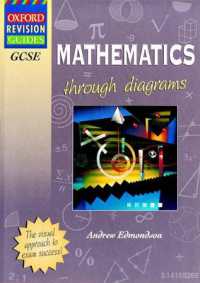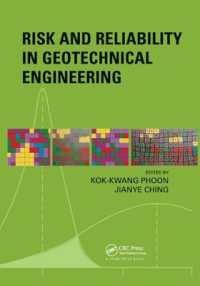- ホーム
- > 洋書
- > ドイツ書
- > Social Sciences, Jurisprudence & Economy
- > Education Science / Pedagogic
- > general surveys & lexicons
Full Description
Both Sides of the Table is a set of evocative, heartfelt, personal, and revealing stories, told by educators about how their experiences with disability, personally and in the lives of family members, has affected their understanding of disability. It uses disability studies and critical theory lenses to understand the autoethnographies of teachers and their personal relationships with disability. The book takes a beginning look at the meaning of autoethnography as a method of inquiry, as well as how it has been (and will be) applied to exploring disability and the role of education in creating and sustaining it. The title refers to the context in which educators find themselves in Individualized Education Plan (IEP) meetings for students with disabilities in schools. There, educators often sit on the other side of the table from people with disabilities, their families, and their allies. In these chapters, the authors assume roles that place them, literally, on both sides of IEP tables. They inscribe new meanings - of relationships, of disability, of schools, of what it means to be an educator and a learner. It is a proposal (or perhaps a gentle manifesto) for what research, education, disability, and a utopian revolutionary politics of social transformation could and should look like.
Contents
Contents: Phil Smith: Why Autoethnography? - Dené Granger: Who knew school could be so cruel?: Tales of a Learning Disabled Student at an Institution of Higher Learning - Michael Peacock: The Bad Apple - Elizabeth Grace: Autistethnography - Phil Smith: This Closet - Alicia Broderick: I Am Not of This World, and Yet I Am in It: A Daughter's/Disability-Studies-in-Education Alien's Log Of a Journey Through Hell - Bernadette Macartney: Listening: A Star Is Born! - Casey Harhold: Help Wanted - David Connor: Picture This: Snapshots of My (A)typical Family - Erin McCloskey: An Open Letter to Wyatt - Kathleen Kotel: That's OK, They Are Beautiful Children - Liz McCall: A New Chance to Matter - Lynn Albee: Being an Albee - Phil Smith: What Do These Stories Tell Us About Education and Autoethnography? - Phil Smith: Looking to the Future.







